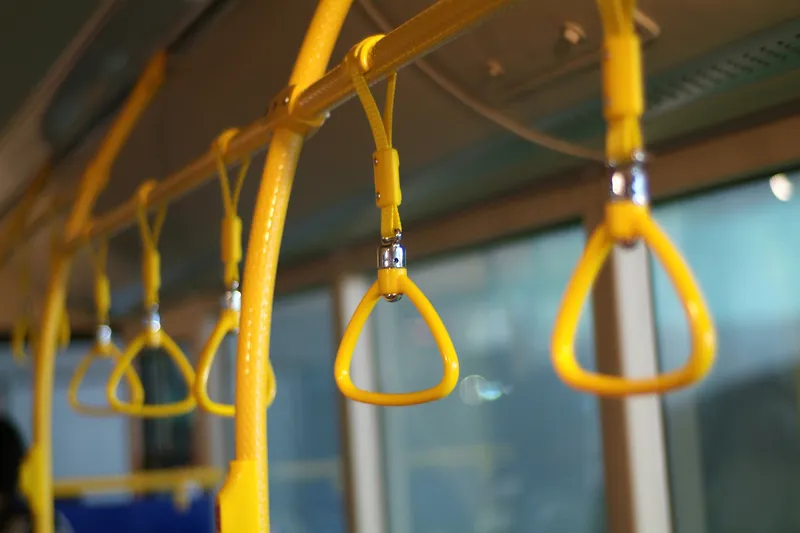US company Bergstrom Climate Control Systems, which is based at Port San Antonio, Texas, has been working with the port authorities to reduce emissions from trucks using the port, in line with a San Antonio City Council emissions reduction regulation. This prevents most heavy truck operators within city limits from idling their vehicles for extended periods of time to power the vehicle’s air conditioning and heating systems.
Bergstrom manufactures a range of HVAC units that are installed in many heavy ve
February 22, 2017
Read time: 2 mins
US company Bergstrom Climate Control Systems, which is based at Port San Antonio, Texas, has been working with the port authorities to reduce emissions from trucks using the port, in line with a San Antonio City Council emissions reduction regulation. This prevents most heavy truck operators within city limits from idling their vehicles for extended periods of time to power the vehicle’s air conditioning and heating systems.
Bergstrom manufactures a range of HVAC units that are installed in many heavy vehicles throughout the US and worldwide in semi-trailer trucks, school buses and heavy equipment in the farming and construction industries.
At the port, Bergstrom’s mainstay is the NITE device, an HVAC system with a built-in battery that charges while the truck is being driven. When a truck is parked, the operator can simply switch the unit to run on battery power without the need to idle the engine.
Bergstrom manufactures a range of HVAC units that are installed in many heavy vehicles throughout the US and worldwide in semi-trailer trucks, school buses and heavy equipment in the farming and construction industries.
At the port, Bergstrom’s mainstay is the NITE device, an HVAC system with a built-in battery that charges while the truck is being driven. When a truck is parked, the operator can simply switch the unit to run on battery power without the need to idle the engine.










